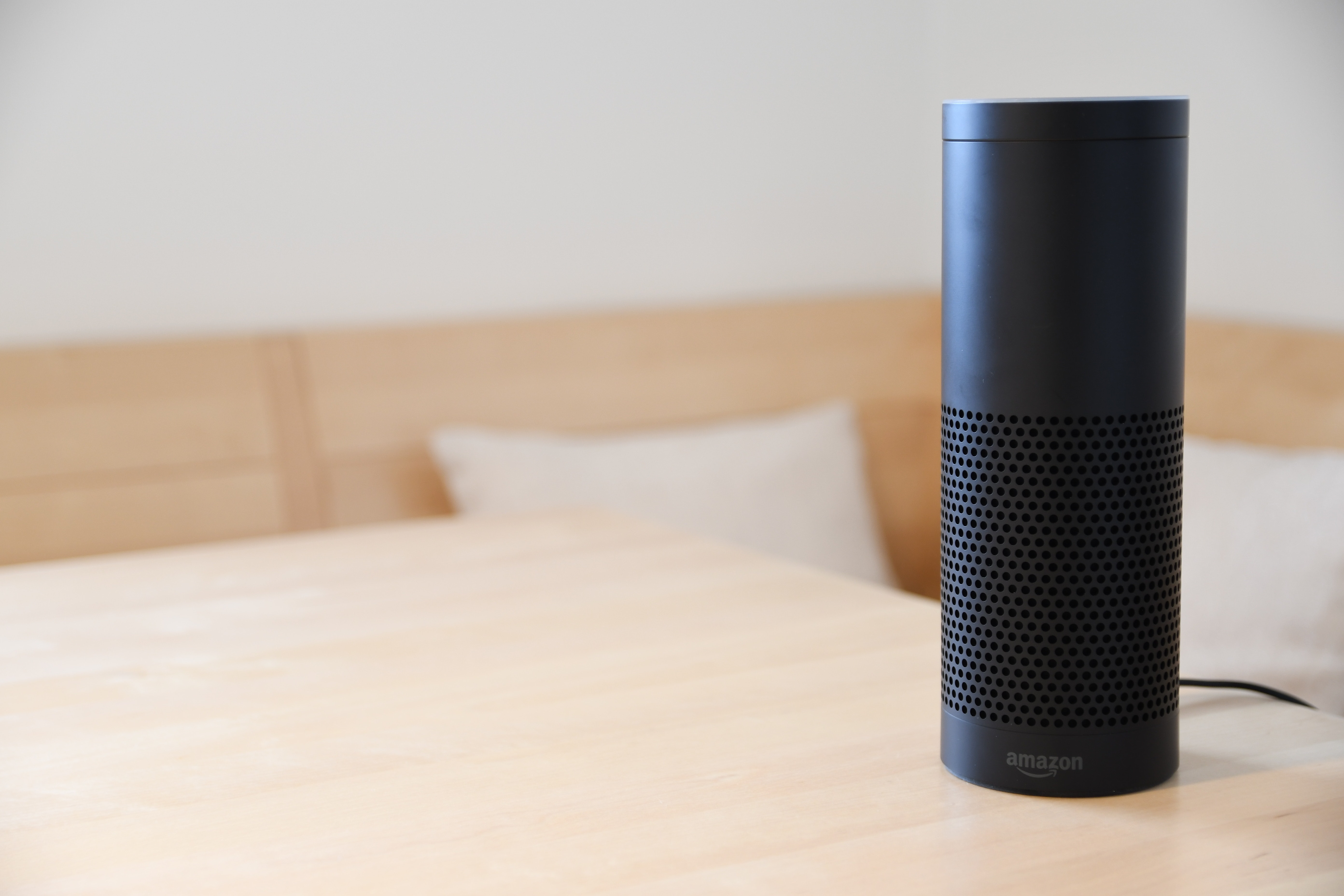
RIP Alexa 2018
By Wayne Clouten, Broadcast Programming and Research
Now that we have your attention I can reveal that I love Alexa and own over a dozen of these devices sprinkled around my home and office, however a little while ago something happened which got me thinking about the future of voice activated smart devices and the great promise they offer.
The story begins some years ago when involved in the preparation of a report about the impact of technological innovation in communication on marketing strategy and tactics. By the time the research had been completed the report’s finding was more about how technological innovation is eventually abused by marketers to the point that the original potential of the innovation is impaired to some degree. What is defined as “abuse”? that is the point that a communication innovation starts being used for the distribution of content or an offer that the recipient either did not request or does not want. The other issue revealed by the research was that the time between the availability of the innovation and its abuse is getting progressively shorter.
Let’s consider a few examples:
Direct Mail:
The first postal service was created around 550BC but it took another 500 years before someone used it to propagate an unsolicited offer to multiple recipients albeit each message was hand-written on papyrus back then. It wasn’t until the invention of the printing press in the 15th Century that the idea of Direct Mail really took off and a further 200 years before it was a widely used method of reaching people with an unsolicited message. Time from invention to abuse? Around 1,200 years.
Telemarketing:
There is some debate about exactly when the telephone as we know it was available to the general public, but a functioning device was available in the 1880’s. When was the first use of the telephone for mass unsolicited calls? Around 1965 as far as we can tell. Time from invention to abuse? Around 85 years.
Email:
Email was invented in 1971 and the first system for mass distribution created in 1980 however we had to wait until 1996 for the creation of Hotmail and the ubiquitous adoption of personal email accounts before marketers saw it as a platform to distribute unsolicited offers to lots of people. There is some debate at which point in time “spam” become a problem however the CAN-SPAM Act of 2003 instituted by the United States was the first legislated recognition that unsolicited email was a significant problem for the community. By 2017 it was estimated that almost 60% of worldwide email traffic is spam. Time from invention to abuse? Let’s be generous and say 7 years.
Facebook:
Established by Mr Zuckerberg in 2004 however it wasn’t until the end of 2006 that it was available for public use. Exactly when Facebook started to be abused is hard to say. Certainly, many data-mining companies were claiming an ability to profile individuals via their Facebook accounts by 2011. At present Facebook is spending millions trying to rebuild confidence amongst its user base while dealing with various investigations into its practices. Time from invention to abuse? Around 5 years.
Amazon Alexa:
Alexa had its first major distribution in the US during 2015, followed by the UK, Germany and Austria in 2016 and most other developed nations since 2017. Recently an Alexa in another room of our house and completely unprompted started talking about an offer for an item that we had placed in our saved for later wish list on Amazon more than 18 months ago (and forgotten about and have no interest in). This completely random event was quite amusing at the time, but it did start me thinking. Time from invention to potential abuse? In my personal case it appears to be around 2 years.
All communication innovation no matter how abused finds a place in our daily lives after we consumers realise what’s going on and develop ways to manage and defend against the abuse. Whether it’s No Junk Mail stickers on our mail boxes, registering ourselves on the No-Call list, setting email restrictions or turning the Facebook app off. It’s a damn shame it happens but that’s been the history of things and it’s unrealistic to think the story of voice activated interactive devices will be any different. How will people manage and defend against those who wish to abuse Alexa? What happens if enough people decide that there is not sufficient protection in place for us to manage a technology that is listening to very word we speak in our homes and workplaces? What form of impairment will Alexa face as people seek to manage it’s intrusion?
“Alexa…turn off article”
Discussion
No comments on this post yet, start a discussion below!